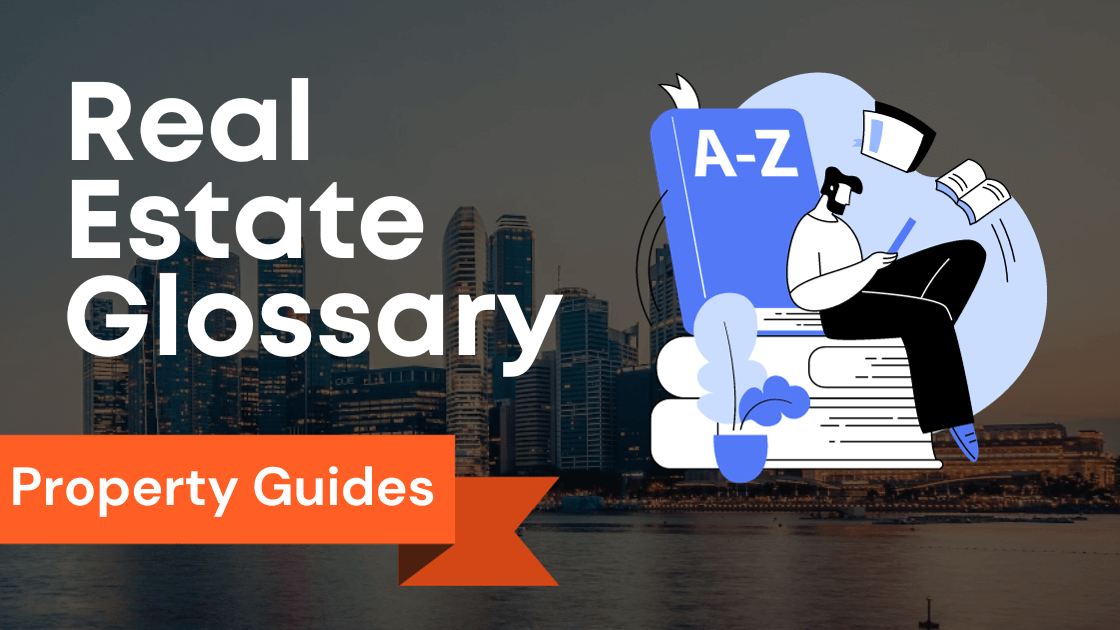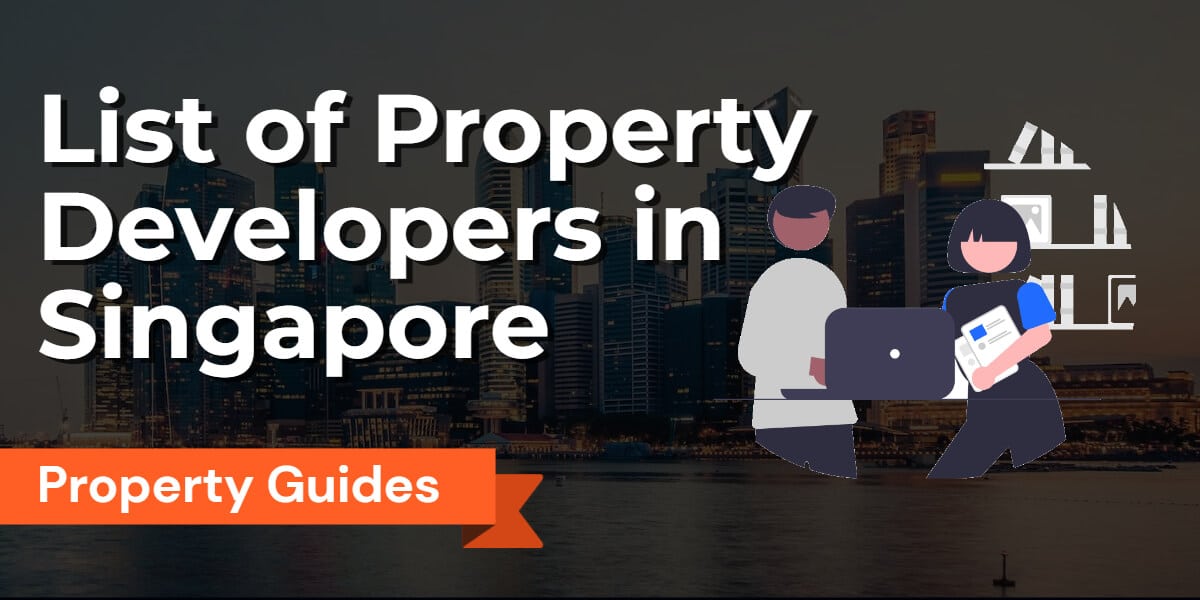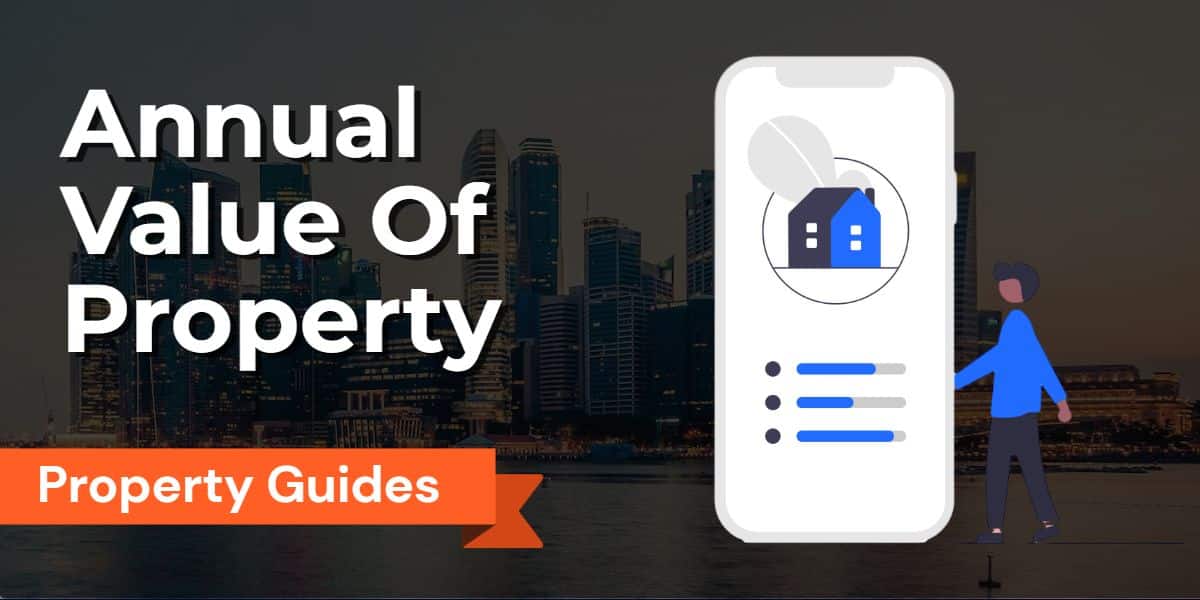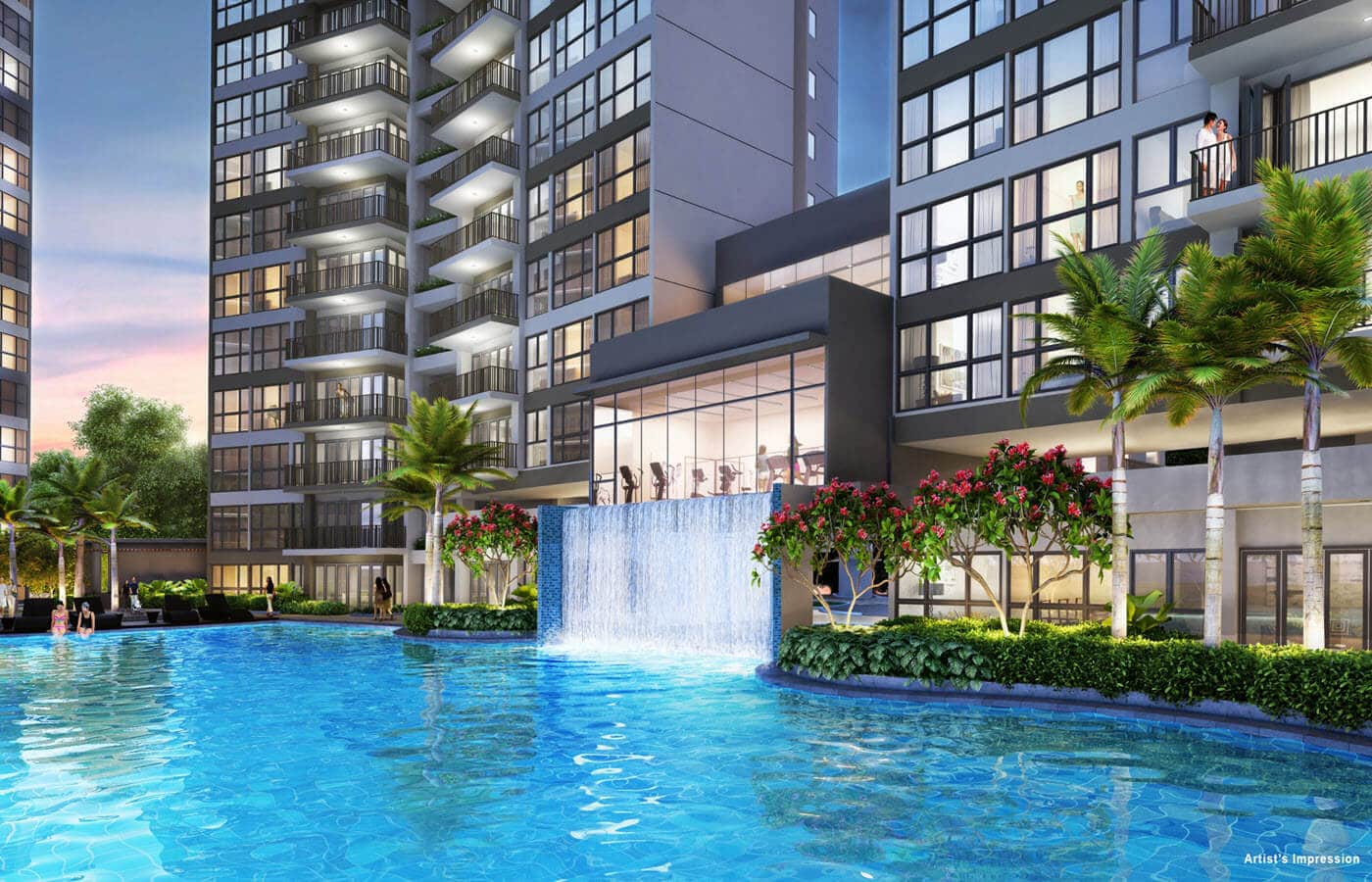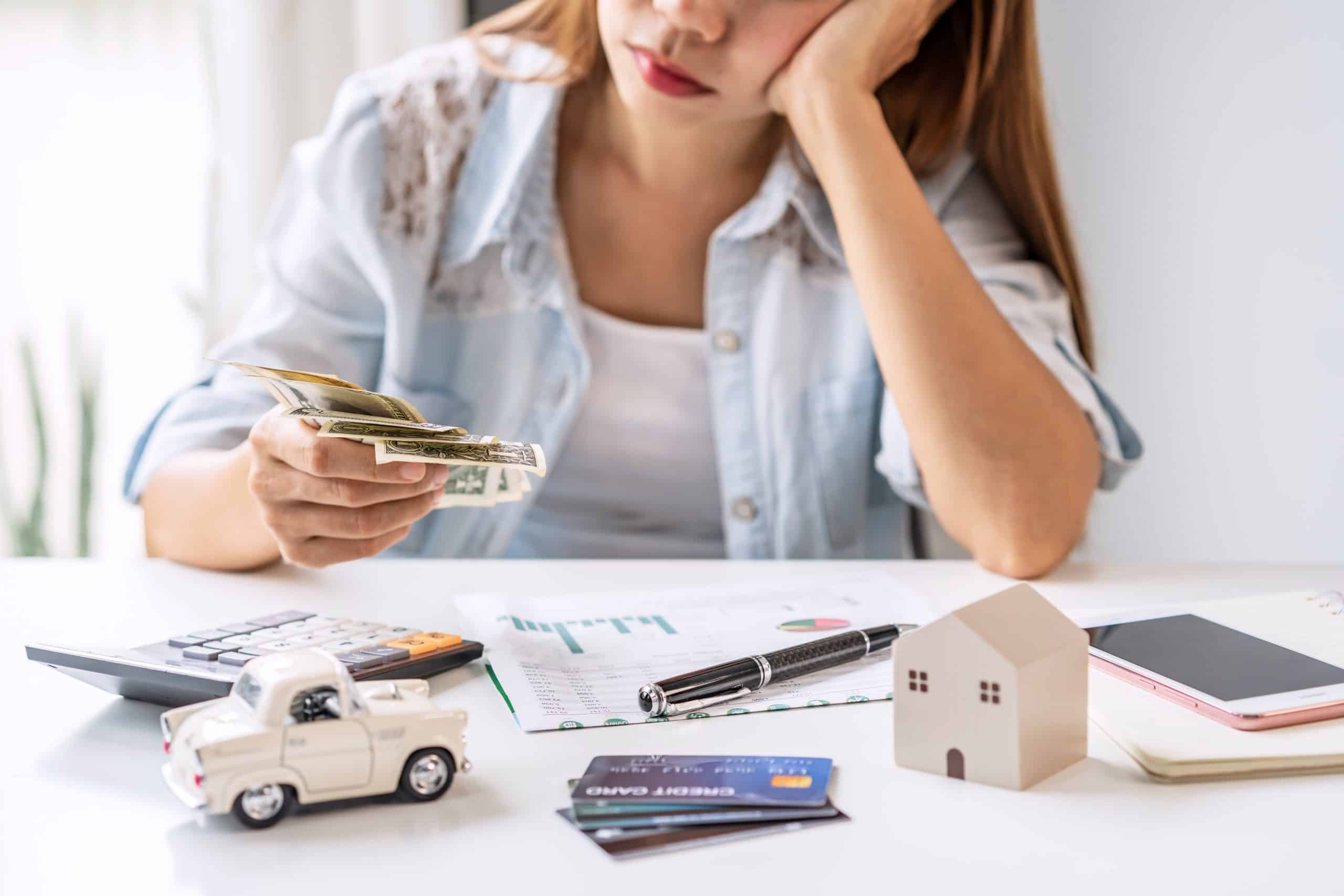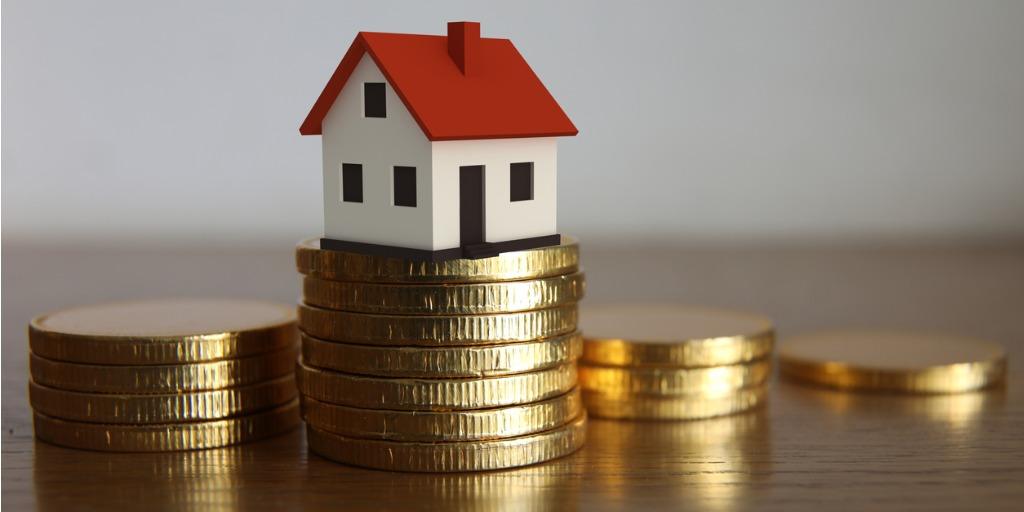
Explore the impact of Singapore’s economy on property taxes and uncover the government’s assessment process.
Discover how economic fundamentals attract investors, affecting property prices.
Delve into factors influencing property tax singapore on vacant properties.
Get ready to unlock Singapore’s property tax secrets!
Key Takeaways
| Key Takeaway | Explanation |
|---|---|
| Property tax Singapore | Property tax is a tax levied on owners of residential, commercial, and industrial properties based on their AV. |
| Who needs to pay property tax | All property owners, local or foreign, need to pay property tax. |
| Calculation of property tax | Property tax is calculated by multiplying the AV of the property by the relevant tax rate. |
| Impact of property taxes on property prices | Higher tax rates can lower rental income profitability, leading to lower demand and lower prices. |
| Relationship between property tax and rental prices | Higher rental income results in higher tax payable, which can lead to an increase in rental prices. |
| Impact of changes in property tax rates | Changes in property tax rates can impact the property market, curbing speculation or boosting demand and prices. |
| Different property tax rates in Singapore | Residential properties have tax rates ranging from 0% to 16%, while non-residential properties have rates of 10% to 20%. |
| Tax rates for foreign buyers and investors | Foreign buyers and investors pay the same property tax rates but may face additional taxes like ABSD. |
| Rental income’s impact on property tax | Rental income affects property tax payable, with higher rental income leading to higher tax payable. |
| Annual value’s impact on property tax | Annual Value (AV) affects property tax payable, with higher AV resulting in higher tax payable. |
| Property tax and rental income’s impact on ROI | High property taxes and low rental income reduce profitability and lower ROI, while low taxes and high rental income boost ROI. |
| Updates on property tax policies | The government raised property tax rates in 2023 to ensure property ownership remains affordable for Singaporeans. |
| Income tax deductions for property owners | Property owners can claim deductions on property tax, mortgage interest, maintenance expenses, etc. |
| AV’s role in calculating property taxes | Annual Value (AV) is the basis for calculating property tax liabilities. |
| Property tax implications for residential properties | Property tax rate hikes can affect owners and investors, potentially lowering demand and prices. |
| Tax obligations for rental properties | Landlords must pay income tax on rental income and can claim deductions for expenses. |
| Tax implications for landlords renting to foreigners | Landlords renting to foreigners are subject to withholding tax, but exemptions may apply under double tax treaties. |
| Property tax measures during the pandemic | The government introduced measures to assist property owners, such as payment extensions and support applications. |
| Link between property tax and property prices | Property tax indirectly impacts property prices by influencing property ownership costs and buyer sentiment. |
| Government’s role in managing property prices | The government implements policies to regulate the property market and prevent prices from exceeding economic fundamentals. |
| Importance of understanding property tax | Understanding property tax helps buyers and investors manage tax obligations and make informed property decisions. |
| Property tax for non-owner-occupied properties | Non-owner-occupied residential properties have higher tax rates, and government policies aim to manage demand and prices. |
Understanding Property Tax Singapore: A Comprehensive Guide
What is property tax Singapore?
Property tax is a tax levied by the Inland Revenue Authority of Singapore (IRAS) on owners of residential, commercial, and industrial properties based on their Annual Value (AV), which is the estimated gross annual rent of the property if it were to be rented out.
Who needs to pay property tax in Singapore?
All property owners, local or foreign, must pay property tax in Singapore.
If a property is jointly owned, each owner must pay property tax based on their ownership shares.
How is property tax calculated in Singapore?
The tax rate for residential properties in Singapore ranges from 0% to 16%, depending on the property’s Annual Value (AV).
For non-residential properties, the tax rate is 10% to 20%.
The tax payable is calculated by multiplying the property’s AV by the applicable tax rate.
How Property Taxes Impact the Singapore Property Market
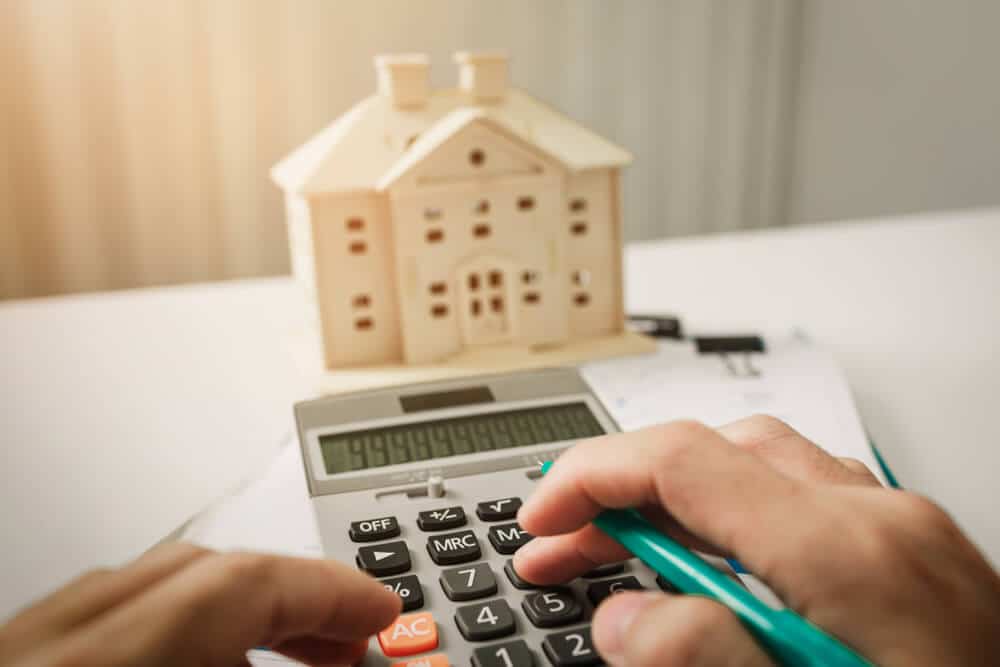
How do property taxes affect property prices in Singapore?
Property taxes can impact property prices in Singapore in several ways.
Higher tax rates can lower rental income profitability, leading to lower demand and, consequently, lower costs.
Conversely, lower tax rates can incentivize buyers and investors, leading to higher prices.
What is the relationship between property tax and rental prices in Singapore?
A property’s tax payable is based on its Annual Value (AV), also used to compute its rental income.
In other words, higher rental income will translate to higher tax payable.
Therefore, landlords may increase their rental prices to cover the higher tax costs, resulting in an overall increase in rental prices.
How do changes in property tax rates impact the Singaporean property market?
Changes in property tax rates can have a significant impact on the Singaporean property market.
For instance, the government may raise property tax rates to curb speculative activity and prevent property prices from rising too quickly.
Conversely, the government may lower property tax rates to incentivize property purchases and investments, boosting demand and elevating property prices.
Exploring the Different Property Tax Rates in Singapore
What are the different property tax rates in Singapore?
The tax rate for residential properties in Singapore ranges from 0% to 16%, while the tax rate for non-residential properties is between 10% and 20%.
These progressive rates mean properties with higher Annual Values (AV) are subject to higher tax rates.
How do residential and non-residential properties differ in terms of tax rates?
Residential and non-residential properties differ in terms of their tax rates.
Residential properties typically have lower tax rates than non-residential properties.
Additionally, non-residential properties, such as commercial and industrial properties, may be subject to additional taxes, such as the Goods and Services Tax (GST) and Additional Buyer’s Stamp Duty (ABSD).
What is the tax rate for foreign buyers and investors purchasing property in Singapore?
Foreign buyers and investors are subject to the exact property tax rates as local buyers and investors.
However, foreign buyers and investors may be subject to additional taxes, such as the Additional Buyer’s Stamp Duty (ABSD), payable on top of the usual stamp duties for subsequent property purchases.
The Effect of Rental Prices on Property Tax Payable
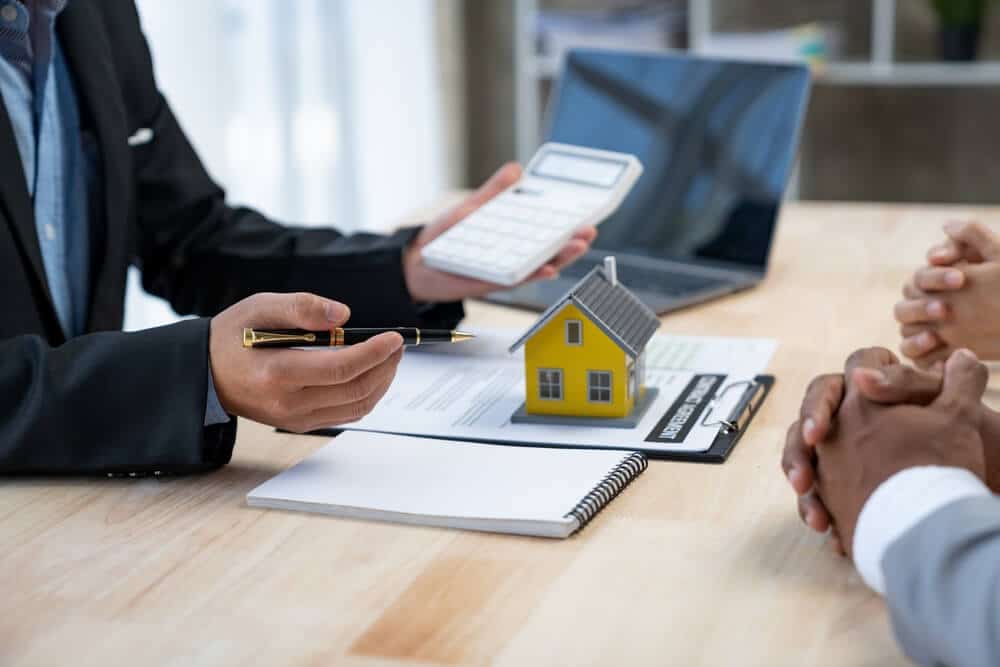
How does rental income affect the property tax payable in Singapore?
Rental income affects the property tax payable in Singapore as the tax payable is calculated based on the property’s Annual Value (AV), which is determined by the rental income.
Therefore, higher rental income will lead to a higher AV and, consequently, a higher tax payable.
What is the annual value of a property, and how does it impact property tax payable?
A property’s Annual Value (AV) would be the estimated gross annual rent if it were to be rented out.
It is used to compute the property tax payable, with higher AV translating to higher tax payable.
The AV is reviewed annually, and property owners are required to declare their estimates to IRAS.
How do property tax and rental income affect the return on investment for property investors in Singapore?
Property tax and rental income can impact the return on investment for property investors in Singapore.
High property taxes and low rental income can reduce the profitability of a property, resulting in a lower return on investment.
On the other hand, low property taxes and high rental income can boost profitability and increase the return on investment.
Updates on Property Tax Policies in Singapore for 2022
What are the latest updates on property tax policies in Singapore?
In December 2021, the Singaporean government announced that it would raise property tax rates starting in 2023 to ensure that property ownership remains affordable for Singaporeans.
How will the December 2021 property tax hike affect property owners and investors in Singapore?
The December 2021 property tax hike could impact property owners and investors in Singapore, particularly those with high-value properties.
The tax hike may reduce profitability, which could result in lower property demand and lower property prices.
What are the stamp duty and levy charges for subsequent property purchases and foreign buyer transactions in Singapore?
Subsequent property purchases and foreign buyer transactions in Singapore are subject to Additional Buyer’s Stamp Duty (ABSD), payable on top of the usual stamp duties for property purchases.
These rates vary depending on the buyer’s nationality, residency, and the number of properties owned.
Maximizing Tax Savings: Income Tax and Property Ownership
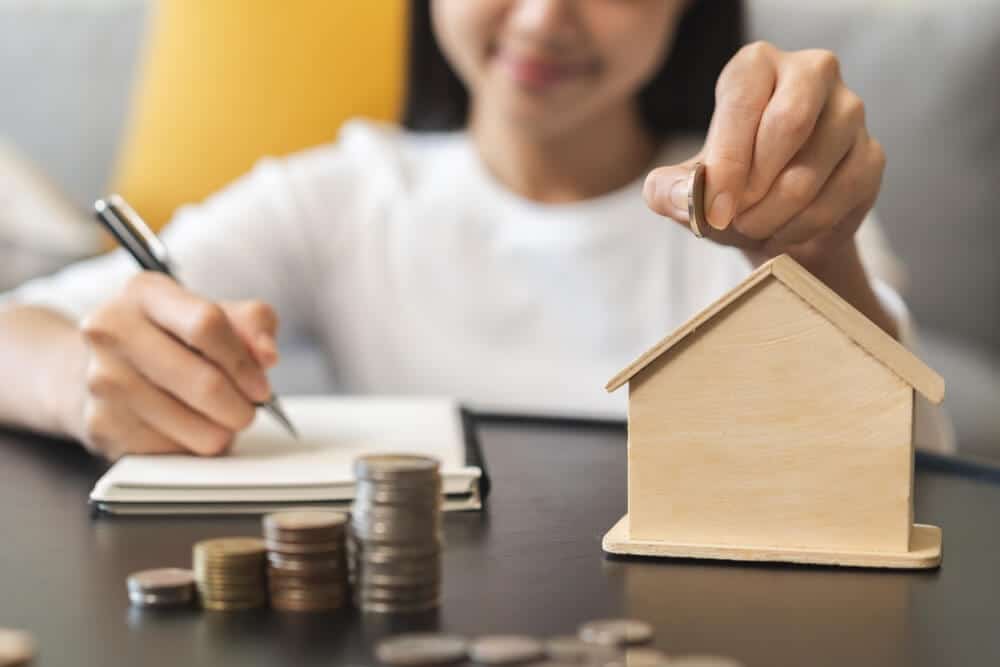
How can owning a property help in tax savings for individuals in Singapore?
Owning a property can help in tax savings for individuals in Singapore in many ways:
- If you occupy the property, you will be entitled to a tax rebate on the property tax payable.
- You can claim tax deductions on your property’s annual value (AV).
- You can claim deductions on mortgage interest and property tax paid.
- You can claim deductions on expenses related to the maintenance of your property.
- If you are a foreigner, you can take advantage of the double tax treaties between Singapore and other countries to avoid paying tax on the same income in multiple countries.
What are the income tax bracket rates for property owners in Singapore?
Income tax in Singapore is progressive, meaning that the more you earn, the higher the tax rate you will pay.
If you are a property owner, your rental income will be added to your other sources of income, and you will be taxed based on the applicable tax bracket.
The tax rates for resident individuals in 2021 are as follows:
- 0% for the first S$22,000 of chargeable income
- 2% for the next S$14,000
- 4% for the next S$10,000
- 6% for the next S$10,000
- 8% for the next S$20,000
- 5% for the next S$40,000
- 11% for the next S$40,000
- 12% for the next S$40,000
- 14% for the next S$40,000
- 15% for the next S$40,000
- 17% for the amount above S$320,000
What are the deductions available for property owners to minimize their tax liabilities?
Many deductions are available for property owners to minimize their tax liabilities in Singapore.
These include:
- Property tax paid
- Mortgage interest paid
- Expenses related to the maintenance of your property
- Depreciation of your property
- Wear and tear of your furniture and fitting
The Role of Annual Values in Calculating Property Taxes
What is an Annual Value (AV), and how is it determined for properties in Singapore?
Annual Value (AV) would be your property’s estimated yearly gross rent if it were to be rented out, excluding furniture, fittings, and maintenance fees.
AV is determined by the Inland Revenue Authority of Singapore (IRAS) and revised yearly.
It is calculated based on factors such as your property’s location, type, age, and condition and the prevailing market rents for similar properties in the same vicinity.
How does the AV affect the calculation of property tax liabilities?
The AV affects the calculation of property tax liabilities in Singapore, as it forms the basis for computing the tax payable.
The property tax payable is calculated by multiplying the AV with the applicable property tax rate, currently set at 10% for owner-occupied properties and 12% for non-owner-occupied properties.
Are there any exemptions available for properties with low AV?
Yes, there are exemptions available for properties with low AV in Singapore.
Owners of HDB flats and vacant residential properties with an AV of S$0 or below are exempted from property tax.
In addition, owners of private residential properties with an AV of S$30,000 or below are exempted from property tax from 2021 onwards.
Implications of the Increase in Property Tax for Residential Properties
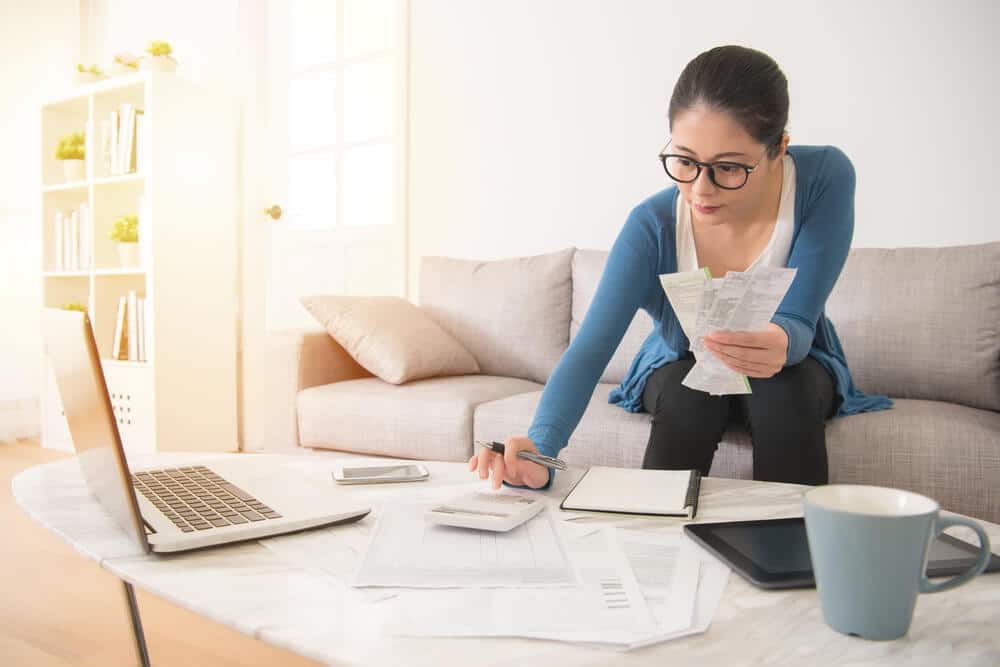
What are the reasons for the recent hike in property tax rates in Singapore?
Singapore’s government said that the recent hike in property tax rates for non-owner-occupied residential properties was due to the strong performance of the residential property market in Singapore.
Private residential prices rose 2.
9% in the first quarter of 2021, and analysts have warned that the property market could run ahead of economic fundamentals.
The government seeks to impose measures to cool the housing market and ensure that prices remain resilient.
How will the increase in property tax rates affect residential property owners in Singapore?
The increase in property tax rates will significantly impact residential property owners in Singapore, especially those who own multiple properties.
The doubling of stamp duties on buyers and foreigners in recent years has made it harder for property investors to invest in Singapore’s property market, and the increase in property tax rates will further dent their returns.
However, the impact on owner-occupied properties is expected to be limited, as they still enjoy a lower tax rate of 10%.
What are the measures that can be taken to reduce the impact of the higher tax rates?
Several measures can be taken to reduce the impact of the higher tax rates in Singapore.
These include:
- Looking for properties with lower AVs, which are exempted from property tax
- Occupying the property to enjoy the tax rebate on property tax payable
- Claiming deductions on the property tax paid, mortgage interest paid, and expenses related to the maintenance of the property
- Exploring tax planning strategies to minimize tax liabilities
Exploring the Tax Obligations for Rental Properties in Singapore
What are the tax obligations for landlords who rent out their properties in Singapore?
Landlords who rent out their properties in Singapore must pay income tax on their rental income.
The rental income is added to their other sources of income and taxed at the applicable income tax bracket rate.
Landlords must also register their rental properties with the Inland Revenue Authority of Singapore (IRAS) and file annual income tax returns.
Failure to do so can result in penalties and fines.
What are the allowable expenses and deductions for rental income received?
Landlords can claim various expenses and deductions for rental income received in Singapore.
These include:
- Mortgage interest paid
- Property tax paid
- Repairs and maintenance expenses
- Insurance premiums paid
- Property agent fees
- Wear and tear of furniture and fittings, based on the prescribed rates set by IRAS
What are the tax implications for landlords who rent out their properties to foreigners?
Landlords renting out their properties to foreigners in Singapore are subject to a withholding tax.
The withholding tax is a tax deducted at source on the gross rental income received by the landlord and is currently set at 15%.
However, landlords can apply for a lower withholding tax rate or an exemption from withholding tax under the double tax treaties between Singapore and other countries.
Assessing the Impact of Property Tax on Private Homes and Subsequent Properties
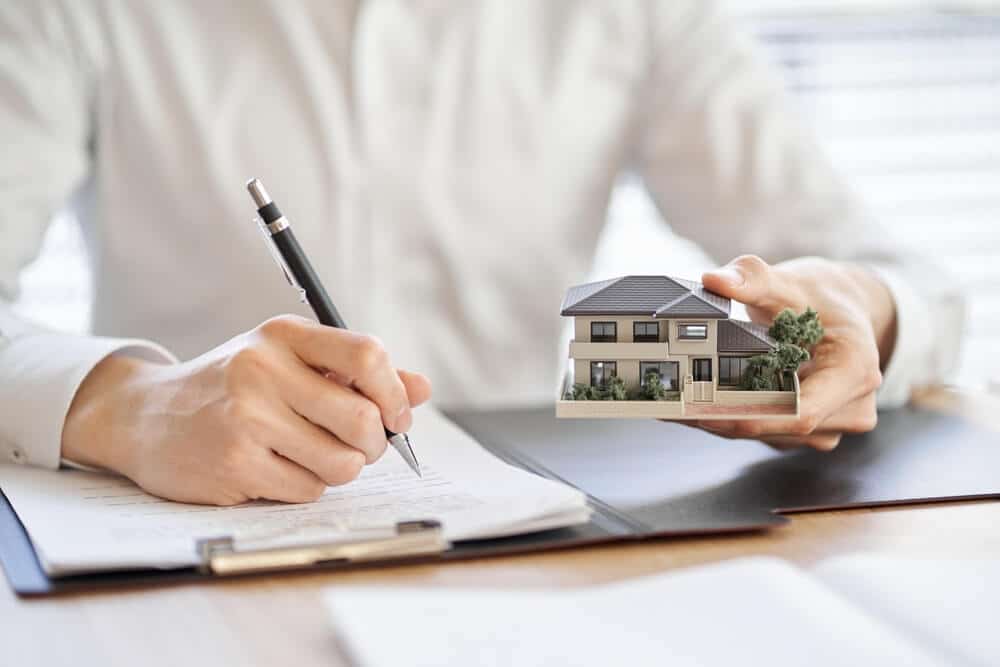
What is Property Tax, and How is it Calculated in Singapore?
Property tax is an annual tax on property ownership calculated based on the yearly value of the property, which is determined by the Inland Revenue Authority of Singapore (IRAS).
The annual value is the estimated gross yearly rent that the property could fetch if it were let out, and it is reviewed every consecutive month by the IRAS.
Property owners pay property tax, including private property owners and HDB flat owners.
How Does the Property Tax Rate Hike Affect Private Property Owners in Singapore?
In February 2021, the Singapore government announced a hike in property tax rates for private residential properties, which include HDB flats and condominiums.
This hike is expected to significantly impact private property owners, especially those who own higher-value properties.
The impact of the property tax rate hike will be felt by property owners who have to make larger tax payments, potentially leading to a rise in market rents to offset the higher tax payments.
Is it True that Singapore Hikes Property Tax Rates for Foreigners?
Foreigners who own residential properties in Singapore are subject to the exact property tax rates as Singaporeans.
There are no special property tax rates for foreigners, and they are not targeted by the government for higher property tax rates.
Government Measures to Manage Property Taxes During the Pandemic
How Did the Pandemic Affect Property Taxes in Singapore?
The COVID-19 pandemic significantly impacted the Singapore economy, which in turn affected property taxes.
Property owners faced financial difficulties with property tax payments due to the economic downturn, especially those affected by the pandemic-related job losses and reduced income.
What Measures Did the Singapore Government Take to Help Property Owners During the Pandemic?
In response to the financial difficulties faced by property owners during the pandemic, the Singapore government introduced various measures to help them manage their property taxes.
The measures included an extension of the property tax deadline, payment plans, and waiving late payment penalties.
Property owners facing financial difficulties could also apply to the IRAS for additional support, such as deferment of property tax payments or installment plans.
What Should Property Owners Do If They’re Facing Financial Difficulties with Property Tax Payments?
Property owners facing financial difficulties with property tax payments should contact IRAS immediately to make payment arrangements.
The IRAS has set up a Property Tax Helpline and email service that property owners can contact for assistance.
Property owners can also visit the myTax Portal to apply for support measures.
The Link Between Property Tax and Property Prices in Singapore

Does Property Tax Affect Property Prices in Singapore?
The link between property tax and property prices in Singapore is complex and multifaceted.
While property tax does not directly affect property prices, it indirectly affects the cost of property ownership, which impacts property prices.
Property tax is one of several factors that influence the demand for properties, and the government’s property tax policies can affect the sentiment of property buyers and investors.
What is the Government’s Role in Managing Property Prices in Singapore?
The Singapore government has a significant role in managing the property prices in Singapore.
The government implements various policies to regulate the residential property market, such as doubling stamp duties for home buyers and foreigners and imposing a vacancy tax on vacant residential properties.
These policies are designed to manage property demand and prevent prices from running ahead of economic fundamentals.
How Can Understanding Property Tax Help Property Buyers and Investors Make Better Decisions in Singapore?
Property buyers and investors in Singapore should understand property tax policies and how they impact property ownership.
By understanding property tax, property buyers and investors can better manage their tax obligations and make informed decisions when investing in properties.
This includes understanding the annual value of the property, property tax rates, tax reliefs, and available exemptions.
Property Tax for Non-Owner-Occupied Residential Properties: Rates and Considerations
What is the Owner-Occupier Property Tax Rate in Singapore?
The owner-occupier property tax rate in Singapore is lower than the property tax rate for non-owner-occupied residential properties.
Owner-occupied homes are given a tax concession to help homeowners manage their property tax obligations.
How Does Property Tax Differ for Non-Owner-Occupied Residential Properties?
Non-owner-occupied residential properties, such as rental and investment properties, are subject to higher property tax rates in Singapore.
The property tax rate for non-owner-occupied residential properties is 10% of the annual value of the property, compared to 4% for owner-occupied homes.
What are the Key Considerations for Private Property Owners of Non-Owner-Occupied Properties in Singapore?
Private property owners of non-owner-occupied residencies need to know their tax obligations and understand how property tax rates are calculated.
They should also be aware of the tax reliefs and exemptions available to them and how they can use these to minimize their tax obligations.
It is also essential for private property owners to keep up with the annual review and AV revision of their properties to ensure that their tax assessments are accurate.
Strategies for Minimizing Property Tax Obligations as a Private Property Owner
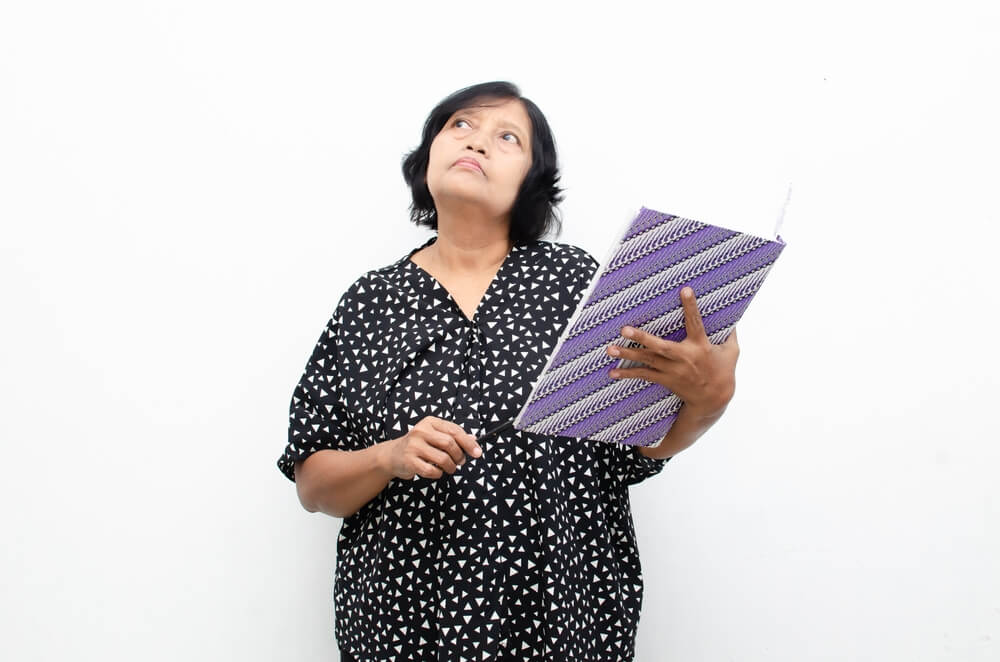
What are Some Strategies for Private Property Owners to Minimize Property Tax Obligations?
Private property owners can take several strategies to minimize their property tax obligations, such as claiming tax reliefs and exemptions, scheduling telegraphic transfer payments, and keeping up with the annual review and revision of properties.
Other strategies include renovating the property to increase its value and negotiating rental agreements that have the property tax cost in the rental price.
What are Some Common Tax Reliefs and Exemptions for Property Owners in Singapore?
There are various tax reliefs and exemptions available to property owners in Singapore, such as the owner-occupier tax rebate, the property tax rebate for landlords who provide rental assistance, and the property tax exemption for HDB flats that are rented out.
Private property owners can also claim tax reliefs for property improvement works, such as renovating or refurbishing properties.
How Can Property Owners Use the Property Tax Calculator to Manage Their Tax Obligations Better?
The Property Tax Calculator is a valuable tool for private property owners to calculate their property tax obligations.
It allows property owners to estimate their annual property tax payments based on the yearly value of their property and the prevailing property tax rates.
Property owners can use the calculator to plan better and manage their tax payments.
Evaluating the Economic Fundamentals and Property Tax Policies in Singapore
What are Singapore’s Economic Fundamentals, and How Do They Impact Property Taxes?
Singapore’s strong economic fundamentals, such as its stable political environment, robust financial system, and highly educated and skilled workforce, have attracted wealth and foreign investors into the country’s property market.
This has led to an increase in property prices and property tax rates, especially for high-end luxury properties.
How Does the Government Conduct AV Revision and Review of Properties in Singapore?
The IRAS conducts the AV revision and review of properties in Singapore annually.
The IRAS uses various methods to assess the annual value of properties, such as market transactions, rental deals, and property characteristics.
The AV revision and review are essential for ensuring that property tax assessments are accurate and up-to-date.
What are Some Factors to Consider When it Comes to Property Tax on Vacant Properties in Singapore?
Property tax on vacant properties in Singapore is subject to a vacancy tax imposed on the property owner if it remains empty for an extended period.
The key factors to consider when it comes to property tax on vacant properties are the property’s location, the reasons for the vacancy, and the property’s potential rental income.
Property owners who own empty properties should be aware of their tax obligations and take steps to minimize them.
Conclusion
In conclusion, property tax in Singapore is levied on residential, commercial, and industrial property owners based on their Annual Value (AV).
All property owners, both local and foreign, must pay property tax.
The tax rate for residential properties ranges from 0% to 16%, while for non-residential properties, it is between 10% and 20%.
Property taxes can impact property prices by affecting rental income and demand.
Frequently Asked Questions
What is the property tax in Singapore?
Property tax in Singapore is a tax on property ownership.
The tax rate is determined by the property’s Annual Value (AV), which is an estimate of the gross amount of rent that can be earned if the property is expected to be let.
What does the property tax cover?
The property tax is a source of revenue for the government to fund public services and national development.
The surcharge covers both public and private residential properties and commercial and industrial properties.
Is there any tax exemption for rental income in Singapore?
Yes, a tax exemption is available for rental income earned from a residential property that is owner-occupied.
The exemption is applicable for the first $4,000 of rental income per year.
Is property tax in Singapore increasing?
Yes, property tax in Singapore has been rising since 2021 as part of the government’s latest measures to tighten the property market and curb speculation.
The government is also increasing stamp duties for locals purchasing homes for owner-occupation.
How long is the tenancy agreement period in Singapore?
The tenancy agreement period in Singapore is usually for a minimum of 12 months.
However, it can vary depending on the terms and conditions agreed upon by the landlord and tenant.
How much notice must a tenant give before moving out in Singapore?
A tenant must give at least three months’ notice before moving out of a rental property in Singapore.
This is according to a report by Citigroup.
Is property ownership restricted for foreigners in Singapore?
No, property ownership in Singapore is not restricted to foreigners.
However, foreigners are subject to Additional Buyer’s Stamp Duty (ABSD) when purchasing a second home in Singapore.
Is the demand for property in Singapore increasing?
There are signs of acceleration amid resilient demand for both public and private residential properties in Singapore.
However, the government has implemented measures to curb speculation and ensure sustainable growth.
What are the consequences of not paying property tax in Singapore?
If property tax is left unchecked, penalties and interest may be imposed on the outstanding amount.
In extreme cases, the property may be auctioned to recover the unpaid tax amount.











